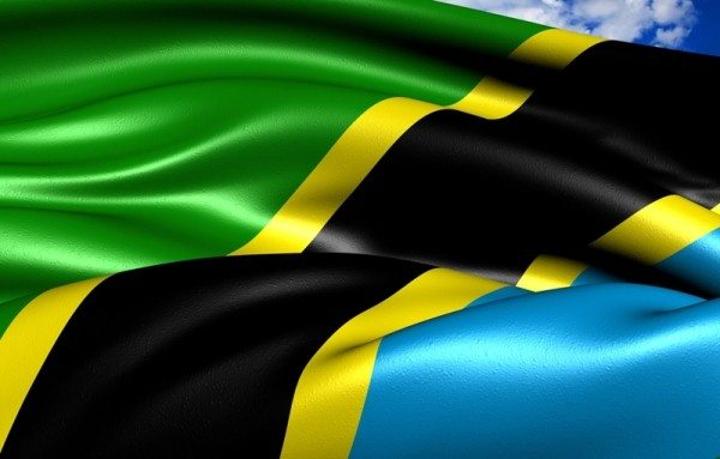As extremist ideologies continue to spread, nations are compelled to fortify their defenses against potential attacks. Within this context, evaluating the effectiveness of anti-terrorism efforts in Togo becomes imperative.
Togo, previously peaceful, recently experienced attacks, signaling a concerning shift. These attacks, likely linked to extremist recruitment efforts, exploit Togo’s socio-economic vulnerabilities. High poverty, illiteracy, and frustration with authoritarian rule provide fertile ground for extremism. Similar to other affected countries like Gaza, Sudan, and Ukraine, Togo lacks adequate resources and faces operational challenges in combating terrorism.
The Togolese government has recognized the importance of proactive measures to thwart any potential threats to national security. One aspect of Togo’s approach is its collaboration with regional and international allies, acknowledging that terrorism knows no boundaries.
Togolese President Faure Gnassingbé recently joined African leaders in Abuja to discuss combating terrorism. He pointed out the need for international funding and military collaboration to tackle the threat. Gnassingbé called for a new military cooperation organization and highlighted Togo’s holistic approach, including social initiatives like PURS and COSO, to promote security and resilience.
Togo’s plans to combat terrorism are exemplified through various initiatives, including strengthening law enforcement agencies, enhancing intelligence capabilities, and implementing stringent border controls. These measures aim to disrupt terrorist networks, prevent the infiltration of extremist elements, and mitigate the risk of attacks.
The country has prioritized counterterrorism strategies that address the root causes of radicalization and extremism. Recognizing the socio-economic factors that contribute to vulnerability to extremist ideologies, the government has invested in education, youth empowerment, and community engagement programs. By addressing underlying grievances and providing alternative pathways, Togo seeks to undermine the appeal of terrorist narratives.
However, despite these efforts, the porous nature of borders in the West African region poses a significant obstacle to effective counterterrorism operations. Transnational terrorist groups, such as Boko Haram and Al-Qaeda in the Islamic Maghreb (AQIM), operate across porous borders, complicating efforts to contain their activities.
Resource constraints and capacity limitations hinder the implementing of anti-terrorism measures in Togo. Adequate funding, training, and equipment are essential for law enforcement and security agencies to effectively combat terrorism. With sufficient resources, the effectiveness of counterterrorism efforts may be protected.
Another critical aspect is the need for sustained vigilance and adaptability in response to evolving threats. While Togo has made commendable efforts in combating terrorism, there is room for improvement. Terrorist tactics and strategies are constantly evolving, necessitating a dynamic and proactive approach from security forces. Regular assessments and adjustments to counterterrorism policies and procedures are essential to stay ahead of the curve.


